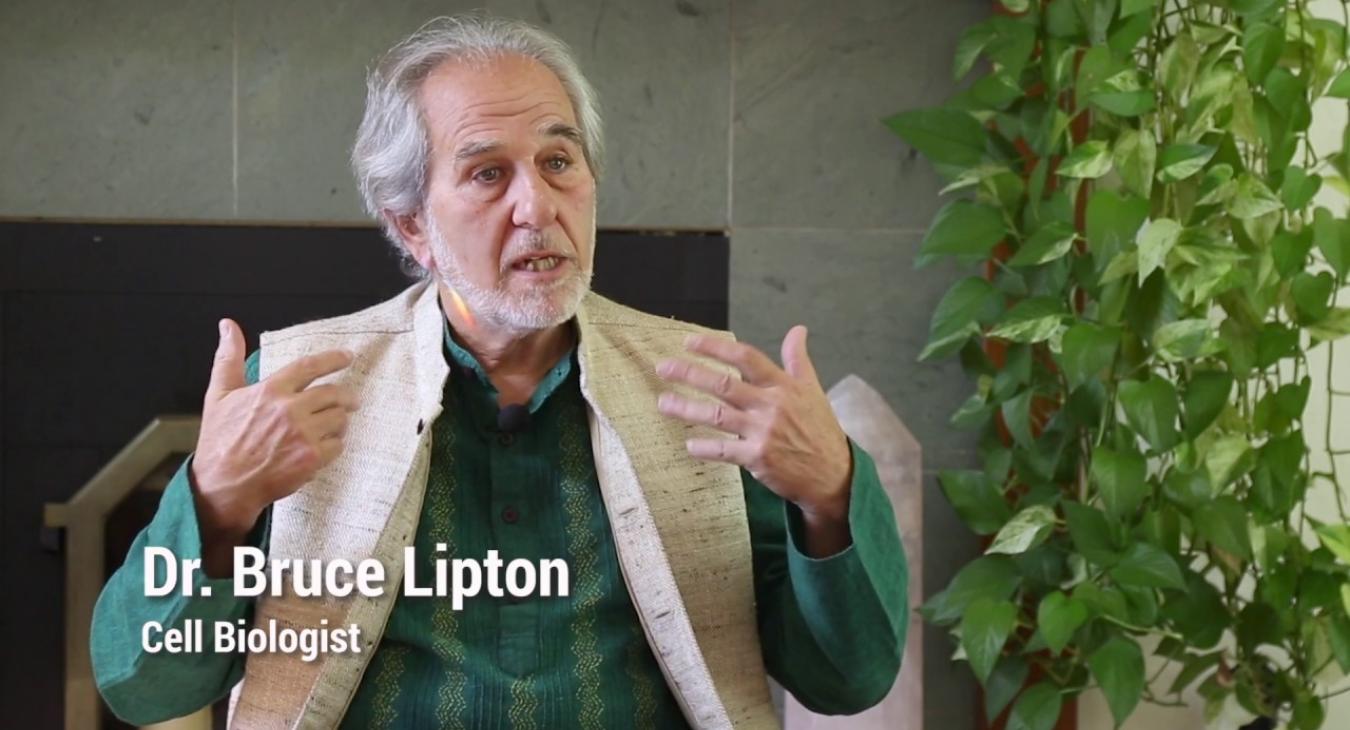Dr. Mithu Storoni, a medical doctor, neuroscientist, and yoga teacher, explains the neuroscience behind yoga and why it is so effective in reducing stress.
Western science is beginning to find evidence and catch up with a lot of what is Eastern philosophy has known for a really long time there's actually something very powerful in what's going in Yoga and that's worth investigating. The more control we have in our mind the more power we have in our life. Yoga has really the capacity to change your brain.
There's four components that that really make yoga what it is.
- One of these of course is the most obvious one, which is the physical postures, the stretching, the exercises, the movements, the breathing techniques and the relaxation techniques. These are an important component that's working the body to affect our global functioning.
- Another critical area is the idea of self-regulation, the ability to control our internal stress response to control our emotions. This is basically reflected as resilience to stress and equanimity in the face of emotions and it leads to a psychological self-efficacy.
- Another really key area is the cultivation of mind-body-awareness, the sense of being able to feel and experience what's going on in the body and also to experience what's going on mentally to be able to observe the flow of thought. And this kind of cultivation of mind body awareness leads to an increased mindfulness that can change behaviors in a very positive way.
- And then, the final component, which is really reflecting the traditional origins of yoga, is the idea of experiencing these deeper states. These virtual states - if you will transcendent states even if they're short-term - these kinds of experiences that you get in deep meditation can really be transformative for people and bring them to a positive lifestyle, to have them gravitate towards positive goals in life, to improve and enhance their life meaning and purpose.



